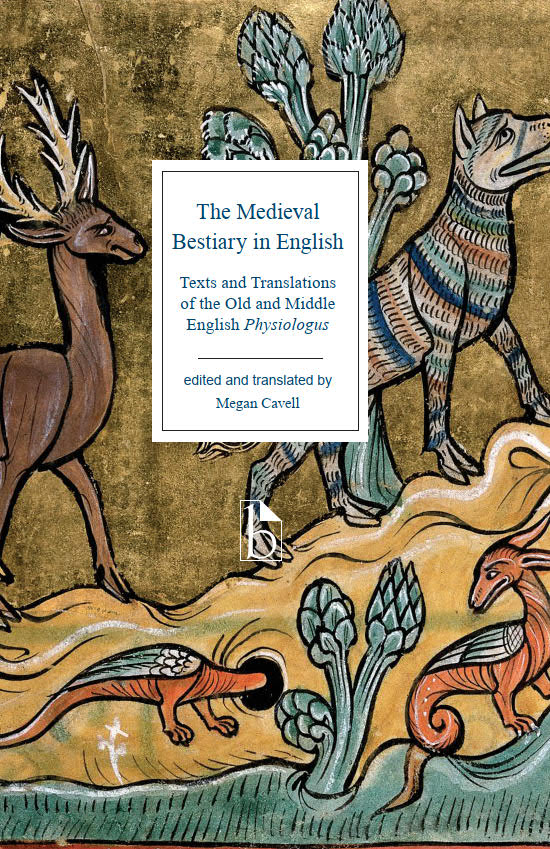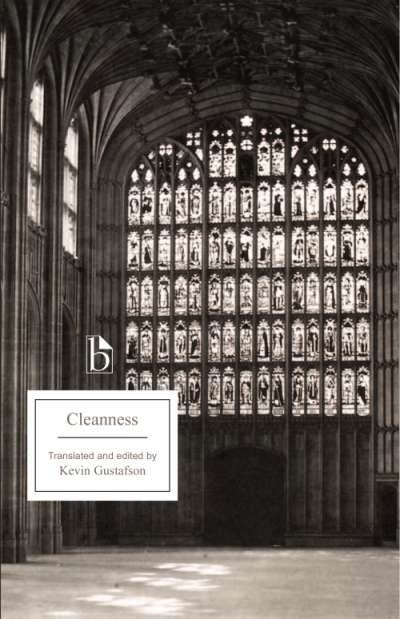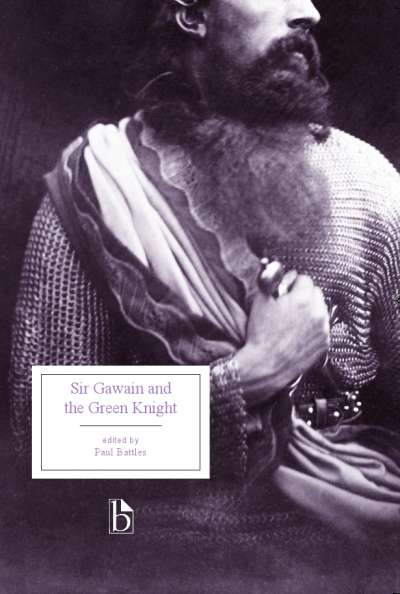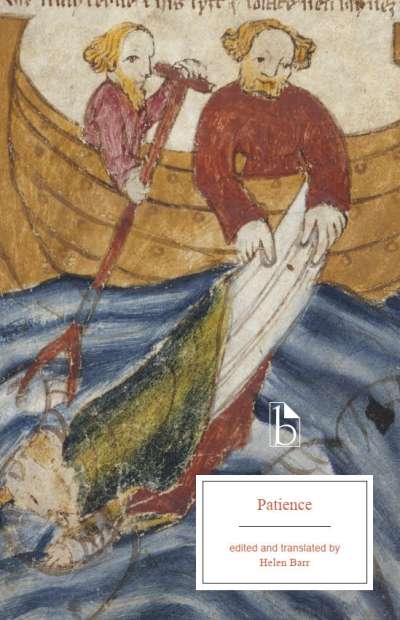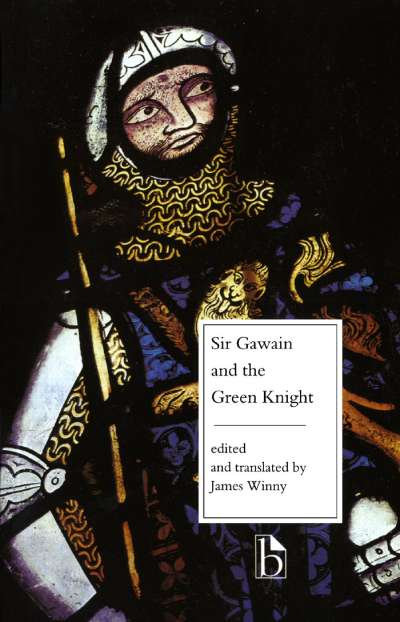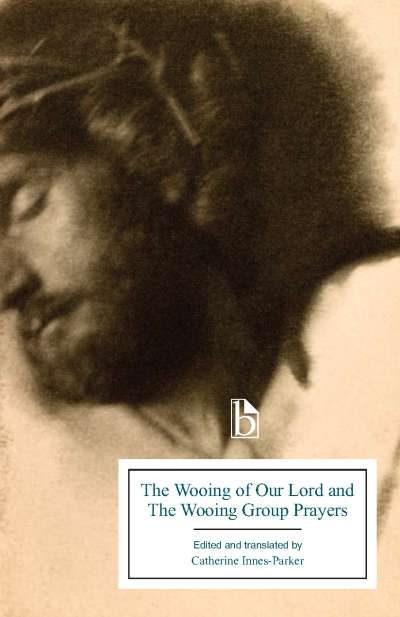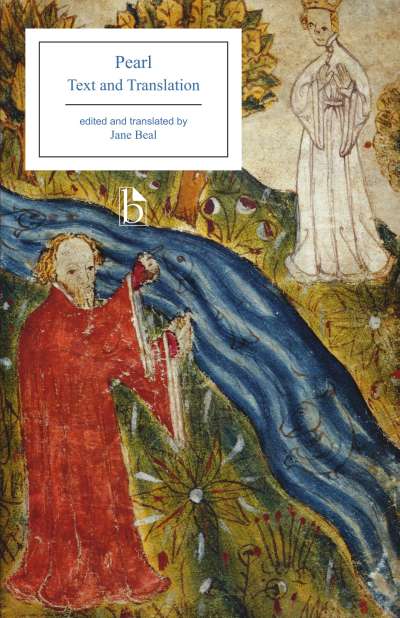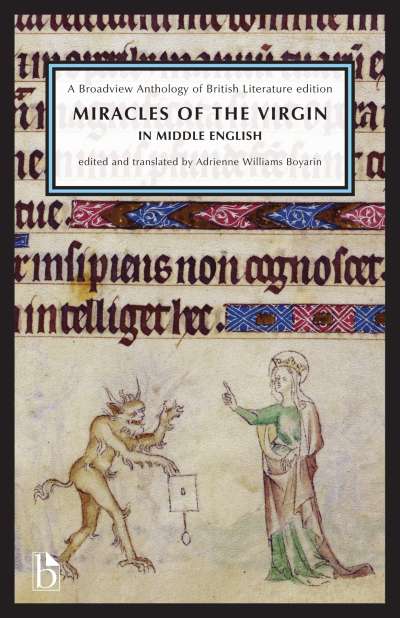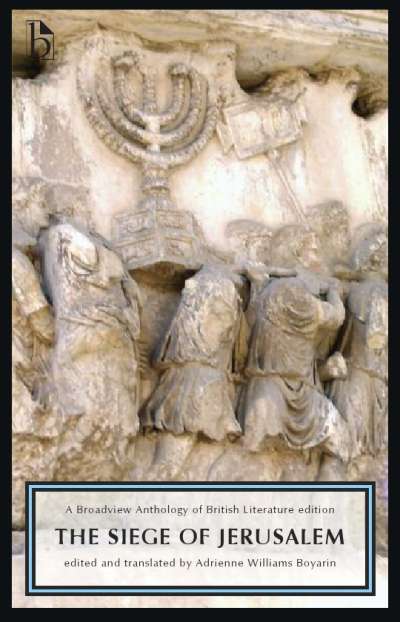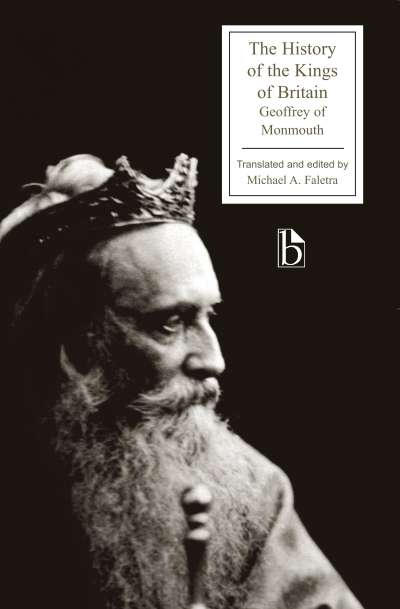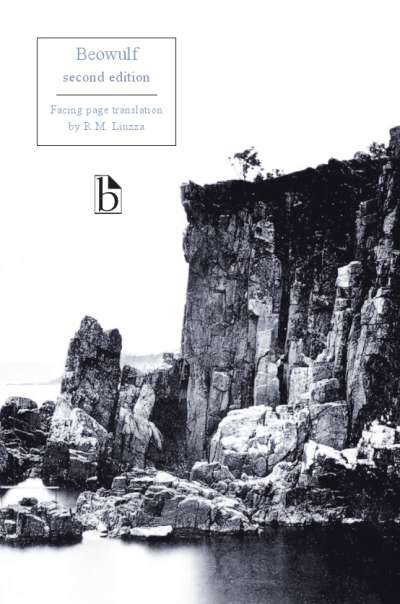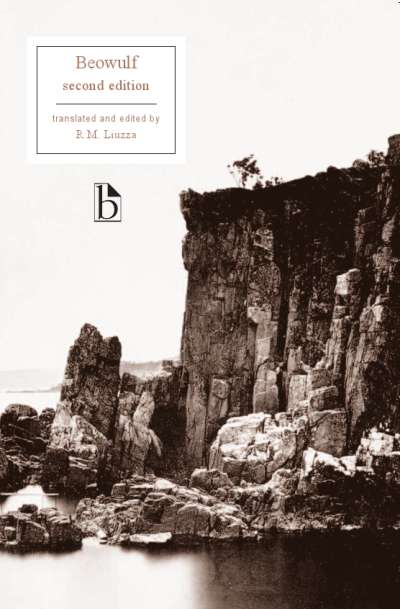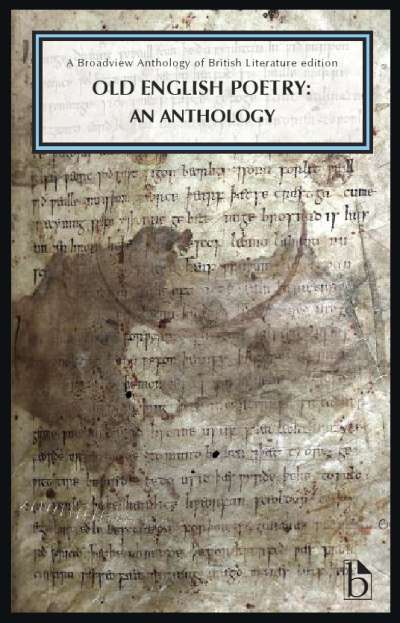First written in Egypt between the second and fourth centuries, the Physiologus brought together poetic descriptions of animals and their Christian allegories. As the Physiologus was translated into a wide range of languages from across North Africa and much of Europe, each version adapted the text in culturally specific ways that yield fascinating insights for those who delve into this truly global tradition of representing and interpreting animals. This edition provides the original texts and facing-page modern translations of the only two surviving English versions—the Old English Physiologus from the late-tenth-century Exeter Book and the Middle English Physiologus from the mid-thirteenth-century MS Arundel 292—as well as translations of a range of Latin, French, and Old English sources and analogues.
Underpinned by a commitment to the fields of medieval studies and animal studies, this edition provides an accessible introduction to the literary history of the Physiologus and the politics of animal representation. It asks the vital question: how can we understand humanity’s relationships with non-human animals and the environment today without understanding those relationships’ history?
Comments
“This facing-page translation of the Old and Middle English Physiologus will be an excellent teaching text. Not only does it make these poems readily accessible to students, but the edition also offers an excellent introduction to the poems’ literary history and influence as well as to their relevance to contemporary animal studies. The appendices make accessible valuable source material and other texts influenced by the Physiologus and provide students with the opportunity to compare the texts’ different discussions of animals. One appendix includes images of bestiary illuminations and provides links to their digitized sources, again enabling students to engage with the material following their introduction to it. Finally, the bibliography serves as an excellent starting point for those wishing to pursue further their studies of medieval animals.” — Ernst Gerhardt, Laurentian University
“The Medieval Bestiary in English edits and translates the only English versions of Physiologus, a fascinating group of late-classical and medieval texts that pair earthly and imaginary animals with Christian allegorical interpretations. Megan Cavell makes these two English versions newly accessible in her elegant facing-page translations. She offers as well a fine array of supports: introductions to the languages and manuscripts, excerpts from related medieval works, an overview of the entire bestiary tradition, and a substantial discussion of how contemporary environmental and animal studies might help us assess these unfamiliar accounts of the living world. A valuable resource for scholars and students alike.” — Susan Crane, author, Animal Encounters: Contexts and Concepts in Medieval Britain

